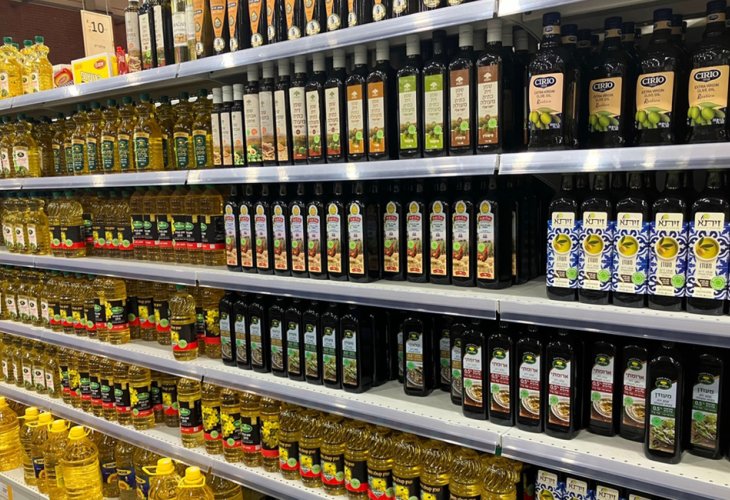Health and Nutrition
How to Choose High-Quality Olive Oil: 3 Expert Tips to Avoid Common Mistakes
Learn how to spot cold-pressed, extra virgin, low-acidity oils that deliver real health benefits and are worth the investment
 (Photo: shutterstock)
(Photo: shutterstock)Olive oil prices have been steadily rising in recent years. And yet, not all olive oils are created equal and there are a few golden rules you must follow when making a choice.
Dr. Maya Rosman, a clinical nutrition expert, outlines three key guidelines. “After decades of research, it’s clear we all understand the major health benefits of olive oil. Among oils sold in large retail chains, olive oil is the only one cold-pressed, which means that it’s made without high-heat processing,” she writes. “Oils produced using heat or chemicals are considered refined oils, which includes soybean oil, corn oil, and others. These offer no health benefits, other than empty calories.”
The reason most people don't exclusively use olive oil is unfortunately due to the price.
To choose a high-quality olive oil, ignore the nutrition label. “All oils have roughly the same calorie count of about 880 calories per 100 grams,” Dr. Rosman explains. “One teaspoon contains around 50 calories, regardless of whether it’s olive oil, sesame oil, avocado oil, or carrot oil. So there’s no point in checking the calorie chart.”
It's important to check if the oil is refined. Refined oils undergo high-heat processing, stripping them of nutritional value. “Choose oil that clearly states ‘unrefined’ or ‘cold-pressed’ on the label, as these retain their nutritional benefits,” she advises.
Dr. Rosman explains that olive oil is considered one of the healthiest oils. “It’s a key component of the Mediterranean diet, which is known to prolong life and reduce the risk of heart disease. Olive oil is rich in omega-9, which reduces blood clots, repairs blood vessels, increases good cholesterol (HDL), lowers bad cholesterol (LDL), and even has strong anti-cancer properties.”
Dr. Rosman’s 3 tips for choosing quality olive oil:
Look for "extra virgin" – the highest grade of cold-pressed olive oil.
Check the acidity level – should be 0.8% or lower, indicating fewer free fatty acids.
Look for a certification sticker – which indicates that the oil has met specific quality standards.
Despite rising costs, Dr. Rosman argues that olive oil is still worth it. “Compare it to other cold-pressed oils like sesame oil or avocado oil, and olive oil is still relatively affordable. In my opinion, it's absolutely worth the investment — don’t settle for cheaper, lower-quality alternatives.”

